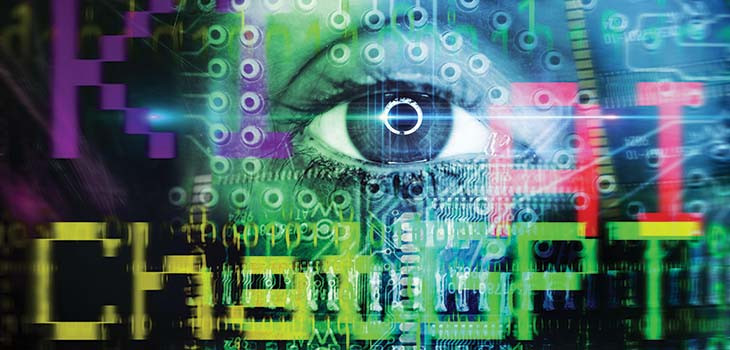
- The launch of ChatGPT has sparked big questions around how the legal profession can ethically and effectively adopt AI software to optimise processes—including disclosure.
- ChatGPT could result in disclosure being a faster and cheaper process, depending on how far the court allows it.
Since its release on 30 November 2022, ChatGPT has gained over 100 million users, likely making it the fastest-growing consumer application to date. ChatGPT’s current form is a website that can answer questions posed to it. Its knowledge base is accurate as of 2021, hence more recent developments are not within the scope of its knowledge, and will not be factored into its answers.
However, ChatGPT has enormous potential to assist in rapidly completing tasks that can be time-consuming and expensive. It can currently be used to summarise documents, and carry out basic legal research and statutory interpretation (see Roger Smith’s article









